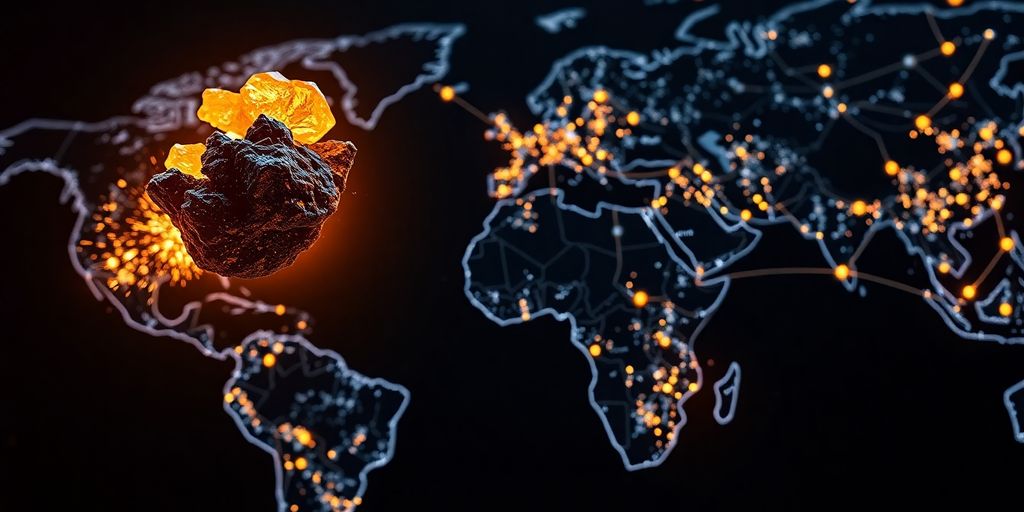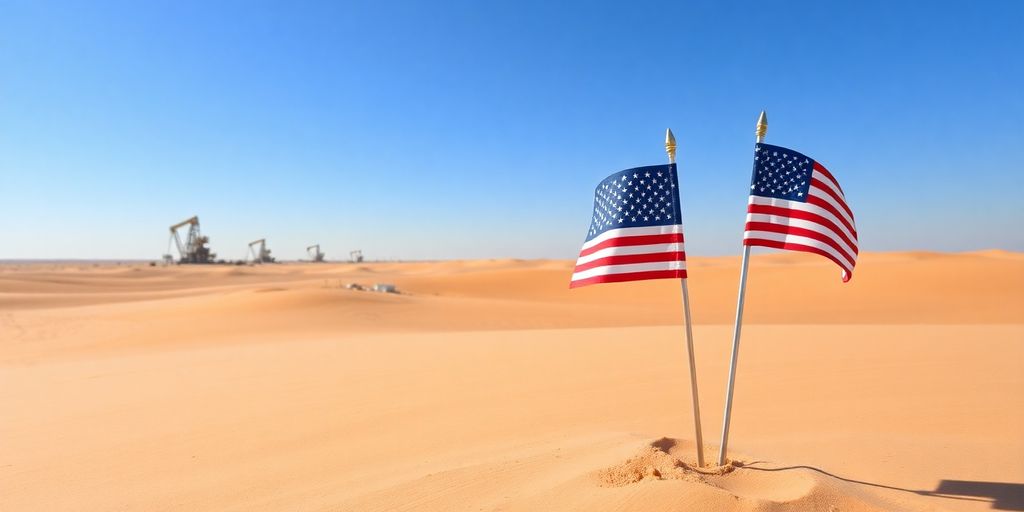China's Rare Earth Policies Reshape Global Markets
Explore how China's rare earth quotas and export policies are reshaping global markets and supply chains, impacting industries from automotive to defense.

China's tightening grip on rare earth exports is sending ripples across global industries, from defense to electric vehicles. As the world's dominant supplier, Beijing's strategic use of export controls and licensing is reshaping supply chains and prompting nations to seek alternative sources. This has led to increased diplomatic efforts and investment in rare earth development outside of China.
China controls approximately 95% of the world's rare earth production and supply. This dominance allows Beijing to wield significant influence over global markets. In response to international trade disputes and tariffs, China has implemented export controls on critical minerals, including rare earth elements, germanium, gallium, and antimony. These measures often involve a stringent licensing process, which can lead to significant delays and reduced shipments to targeted countries, particularly the United States and Europe.
These export controls have a profound impact on industries reliant on rare earths, such as defense, electronics, and the burgeoning electric vehicle sector. Companies worldwide are facing supply chain disruptions and increased costs. For instance, the European Union's automotive industry has been particularly affected by China's rare earth magnet export curbs. South Korea has also been asked by China not to export products containing rare earth minerals to U.S. defense firms, highlighting the geopolitical implications of these policies.
In response to China's policies, nations are actively pursuing strategies to diversify their rare earth supply chains. This includes:
China's stricter environmental standards have also contributed to higher rare earth prices. While China has signaled a softer stance on export curbs at times, the underlying trend points towards a more strategic and controlled approach to its rare earth resources. The issuance of rare earth quotas, even if quietly done, underscores China's continued management of this vital sector. The global market is therefore in a state of flux, with a clear push towards developing alternative supply sources and reducing reliance on China for these critical minerals.

Explore how China's rare earth quotas and export policies are reshaping global markets and supply chains, impacting industries from automotive to defense.

Saudi Arabia and the US are discussing a critical minerals deal to reshape global supply chains, aligning with Saudi's Vision 2030 and the US's strategy to reduce reliance on foreign mineral sources.

Saudi Arabia is emerging as a key player in critical minerals, partnering with the US to reshape global supply chains and diversify its economy.
We're just a bunch of guys mixing up market news with our own brand of banter, giving you the lowdown on stocks with a twist at Walk The Street Capital.